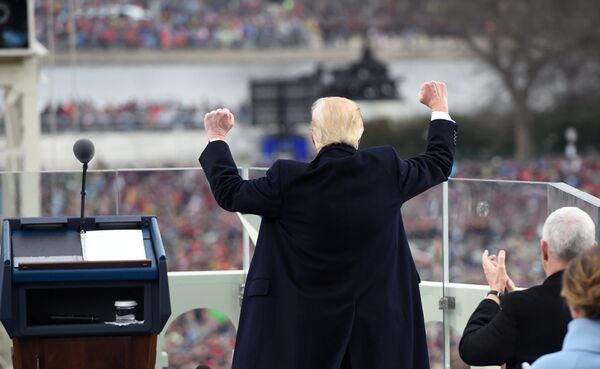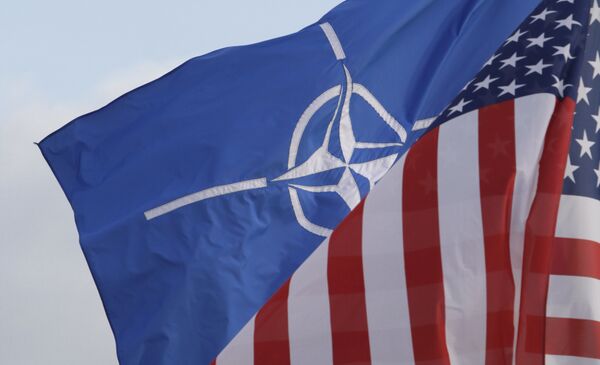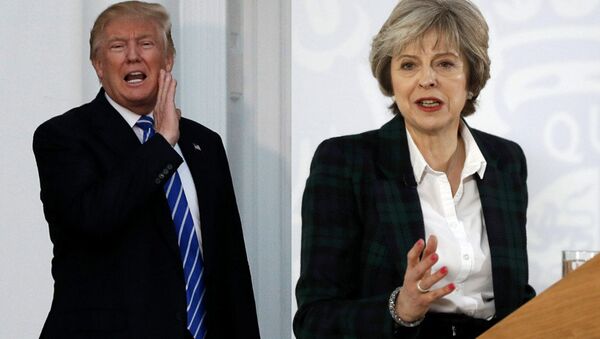May will be the first European leader to meet Trump, following his remarks that Europe is not pulling its weight within the alliance and questioned why the US pays so much into an organization he described in March 2016 as "obsolete." He told reporters during his presidential election campaign that he rejected the idea that the US should be "the world's policeman."

The issue of European contributions towards NATO comes at a time of increased tensions over defense spending in Europe where Germany has become the latest country to announce its defense spending falls short of the two percent on GDP called for at the NATO summit in Wales, UK, November 2014.
PM spoke with US President-elect @realDonaldTrump earlier this afternoon to congratulate him on his election victory https://t.co/0nrQpmVQyv
— UK Prime Minister (@Number10gov) November 10, 2016
A Downing Street spokesperson said May and Stoltenberg had discussed the military alliance ahead of her meeting with Trump.
"They discussed the continued importance of the Alliance as the bulwark of our defense, and agreed on the need for the Alliance to continue to evolve to be able to effectively counter the biggest threats of the day, in particular terrorism and cyberattacks.
"The Prime Minister said she would be taking these messages to Washington later this week where she is expected to discuss NATO with President Trump," her spokesman said.
Germany's defense minister Ursula von der Leyen, January 23, announced that it is planning to spend US$40 billion on defense in 2017, an increase of US$2 billion, but still short of the two percent of GDP target, at only 1.2 percent.
Congratulations on your presidential inauguration @RealDonaldTrump. I look forward to working closely with you to reinforce #NATO.
— Jens Stoltenberg (@jensstoltenberg) 20 January 2017
EU Battlegroups?
NATO has increased its presence in the Baltics and Eastern Europe in recent months as tensions between Europe and Russia continue. However, divisions have grown within the EU over defense issues, with calls from Brussels for an EU defense and security force, which is not backed by Britain, which sees NATO as the principal military force within Europe.

EU foreign ministers announced, November 2016, the establishment of a rapid reaction force that will involve EU Battlegroups, "air security operations" and "maritime security or surveillance operations" with its own headquarters, working alongside NATO.
Soon after, the Commission announced the creation of a new "European Defense Fund" which would "support Member States' more efficient spending in joint defense capabilities," including research into "innovative defense technologies such as electronics, metamaterials, encrypted software or robotics" and the procurement of new assets, such as drone technology and jointly-bought helicopters to reduce costs.
NATO Secretary General Jens Stoltenberg welcomed plans for the EU to increase cooperation in defense resources and funding, while cautiously suggesting these should be "complementary" to and "strengthen" the Transatlantic — and US dominated — military alliance.


